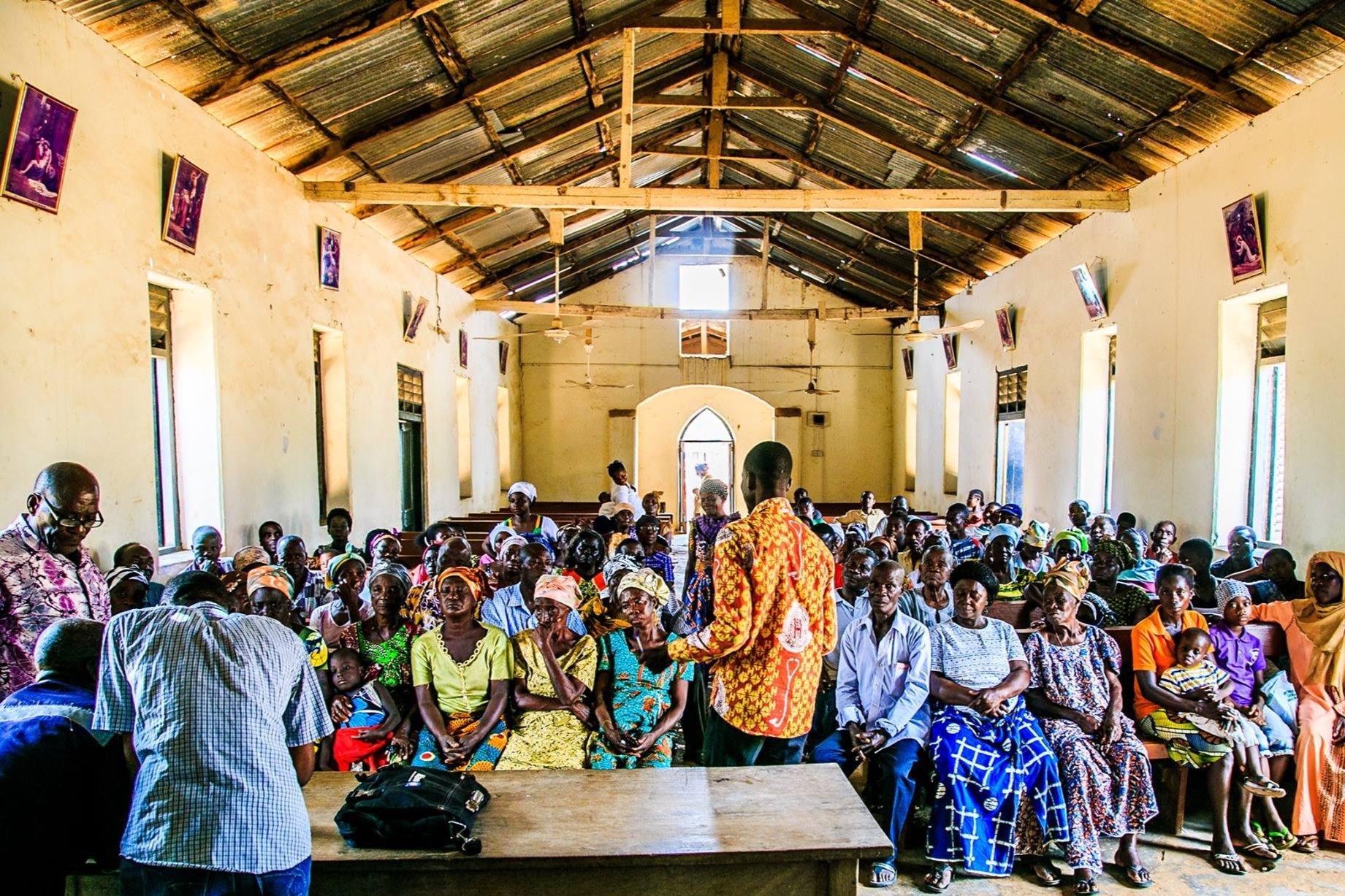
CERTIFICATE IN CULTURAL COMPETENCY
Module 4: Ethnocentrism
Introduction
Ethnocentrism is the belief that one’s own way of life or culture is superior to others. “Ethnocentrism is the view that ‘our’ ways of doing things are ordinary and better and that other approaches are in some way inferior. One’s own group or society seems normal, while another might seem peculiar. The implicit notion here is that what is normal for us is preferable in general and what is unfamiliar is less good.”(1) Ethnocentrism is problematic for many reasons. First, just because something is normal and familiar does not make it any better. Second, ethnocentrism prevents people from respecting one another. Therefore, ethnocentrism must be avoided when traveling abroad, especially in medical settings. As Sjaak Van Der Geest, Professor of Anthropology, explains, “Ethnocentrism [becomes] a problem when people from different cultures meet and interact. It prevents people from understanding the other, let alone taking the other seriously. The views of others are judged by standards of one’s own culture.”(2)
Ethnocentrism and Foreign Volunteers and Visitors
Part of being an effective volunteer requires setting aside ethnocentric ideas of superiority and learning to understand local attitudes toward health care. While Western medicine may be more technologically advanced, it is by no means the universal approach to health care, nor is it the “best” method. As a foreign volunteer or visitor, you may observe unfamiliar medical practices, but such practices should never be dismissed or ridiculed. Local practitioners often have to take into account various local realities about which you are not aware. More importantly, respecting traditional practices is essential to relating to patients, as certain beliefs are integral to their lives and heritage.(3)
Ethnocentrism and the Medical Setting
Many Westerners view illness as a chance event or as a result of lifestyle choices, but it is important to realize that this way of thinking is not universal. A view commonly held abroad is that disease results from fate, punishment of sin, sorcery, or other supernatural causes.(4)
“The folktales of India, Europe, Africa, and North America all tell of people being blinded for such transgressions as perjury, theft, rape, incest, adultery, abduction, and murder. In some cases, the sin being punished was committed by a distant relative… This belief is evident even today. For example, a highly educated woman of Italian descent stated her firm belief that her young son's visual impairment was caused by the sins of her robber-baron forebears. Occasionally, newly blind clients report the belief that visual impairment is a test by the powers that be that they must pass.”(5)
It is easy to see how patients will fail to seek medical treatment if they believe that the cause of their disease is supernatural. Thus, it is helpful to understand the cultural beliefs that surround disease and medicine, as this will facilitate communication and understanding with local patients.
While most visitors greatly respect local healthcare providers, there are some who view the healthcare providers through an ethnocentric lens. If the local healthcare providers do not do something identical to what they might remember seeing in the U.S., they incorrectly think that it is inferior. For example, while Small Incision Cataract Surgery (SICS) is considered most appropriate for developing world settings and has equally excellent outcomes to Phacoemulsification cataract surgery,(6) some incorrectly assume that since SICS isn’t done in the U.S., it must be inferior. Therefore, it is critical for visitors to learn to embrace differences, listen and learn from others, and avoid comparing or judging based on what they may be familiar with at home. In addition, decisions and strategies of local doctors should be respected, and not be ridiculed or compared to the familiar.
Footnotes
(1) Messick, D., Bazerman, M., and Steward, L. “Avoiding Ethical Danger Zones.” (1 September 2007). Harvard Business Review.
(2) Geest, S. “Overcoming Ethnocentrism: How Social Science and Medicine relate and Should Relate to One Another.” Soc. Sci. Med. 40.7 (1995).
(3) See, for example, “Professionalism 101.” Child Family Health International (CHFI).
(4) Murdock, G.P., Wilson, S.F., and Frederick, V. “World Distribution of Theories of Illness.” Ethnology. 17.4 (October 1978): 449-470.
(5) Wagner-Lampl, A. and Oliver, G.W. “Folklore of Blindness.” Journal of Visual Impairment & Blindness. 88.3 (1994).
(6) Ruit, S., Tabin, G., Chang, D., et. al. “A prospective randomized clinical trial of phacoemulsification vs manual sutureless small-incision extracapsular cataract surgery in Nepal.” Am J Ophthalmol. 143.1 (2007).
